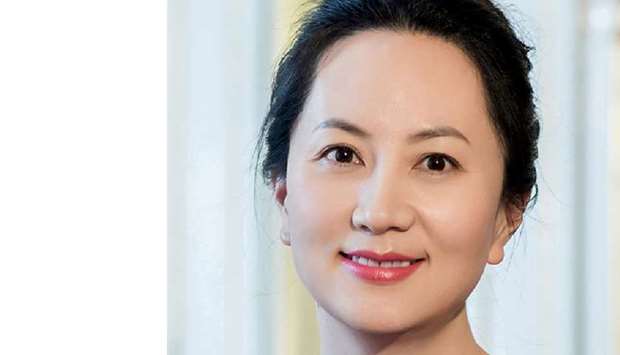A top executive from Huawei Technologies Co Ltd can make a good case against being extradited to the United States, in part due to remarks made by US President Donald Trump, Canada's ambassador to China said in comments broadcast on Wednesday.
The remarks by John McCallum to Chinese-language media on Tuesday were the most explicit indication yet from a Canadian official that Meng Wanzhou, Huawei's chief financial officer, might avoid being sent to the United States.
Meng was detained on Dec. 1 in Vancouver, where she is currently under house arrest. She was arrested at the request of the United States over alleged violations of US sanctions on Iran.
Trump last month told Reuters he would intervene in the case against Meng if it served national security interests or help close a trade deal with China. Canadian Foreign Minister Chrystia Freeland quickly warned Washington not to politicize extradition cases.
In a short clip shown by the Canadian Broadcasting Corp, McCallum said Meng had "good arguments on her side," the first of which was "political involvement by comments from Donald Trump in her case."
McCallum also noted that Canada has not applied the same sanctions against Iran as the United States.
"Canada does not sign onto these Iran sanctions. So I think she has some strong arguments she can make before a judge," he said. Freeland's office was not immediately available for comment.
The US Justice Department has until Jan 30 to file a formal extradition request and Canadian officials will then take up to a month to decide whether an extradition hearing is warranted. Legal experts say they expect a hearing to be held.
Meng's arrest has hurt Canada's relations with Beijing, which is demanding that she be freed
China subsequently detained two Canadians last month, citing national security concerns, and a court later retried a Canadian who had already been jailed for drug smuggling and sentenced him to death.

Meng Wanzhou was detained on Dec. 1 in Vancouver, where she is currently under house arrest.
